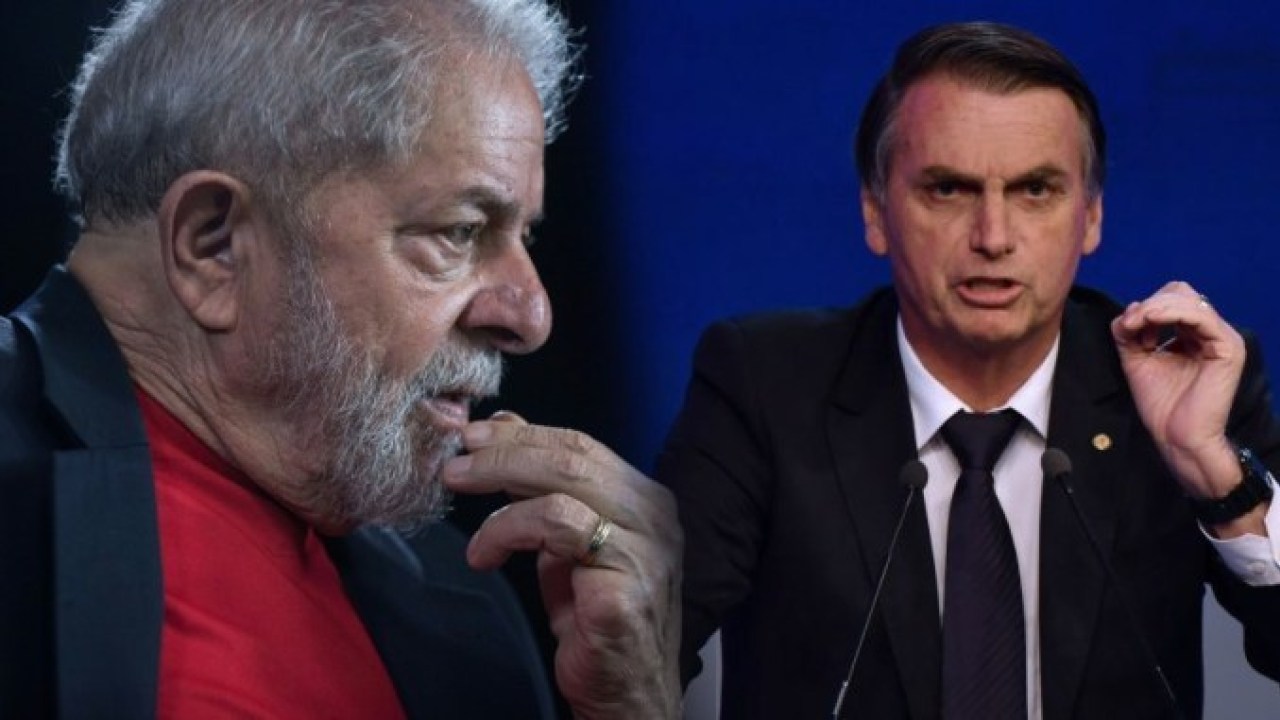Brazil’s elections entered their final phase on Friday. With just under a month to go, former President socialist Lula da Silva is leading in all polls. However, conservative-religious Jair Bolsonaro, the current president, continues to narrow the gap.
Given Brazil’s growing global importance as a food and commodity exporter and as Latin America’s dominant economic power with by far the largest army in the region and a BRICS founding member that is neutral toward Russia, global geopolitical interest(s) in these elections are powerful and are colliding.

And all the more so since Jair Bolsonaro has announced several times that he does not want to play either the game of the one (China and vassals) or that of the other (the U.S. and vassals).
Killjoys must go. They have to.
It matters to the global powers who governs Brazil. It matters a great deal.
International advisory teams with a lot of expertise in this field are probably running at full speed with the two gladiators.
If elections in the U.S. and Europe are any indication for Brazil, false flag operations are now likely to be taken out of the arsenal.
Ruining your opponent’s credibility moments before unsuspecting voters in Brazil press the button on the electronic ballot box is currently the most coveted craft of manipulation.
Because it works. Almost every time.
According to the latest poll, released Thursday by the firm Datafolha, Lula da Silva has an election intention of a comfortable 45 percent, down two points from the previous survey. In comparison, support for Bolsonaro has remained stable at 32 percent.
The latter is presented almost daily mantra-like to the undecided (as) the second choice.
Lula da Silva was, is, and will always be leading, says the mantra.
After all, who (among the undecided) wants to have to admit later that they voted for the loser?
Poll results should always be taken with a grain of salt; we all know that. And in Brazil, that’s even more true.
In a hypothetical runoff, Lula da Silva would allegedly win the election with 53 percent of the vote, according to the same Datafolha, while Bolsonaro would come in at 38 percent.
So they say.
Until mid-August, almost all polls pointed to a possible victory for Lula da Silva, the candidate of the Workers’ Party (PT, left), who at nearly 77 years old is seeking a third term in office, having already served as Brazil’s president in 2003 and 2010.
But Bolsonaro (PL, right), who has capitalized on the positive impact of a series of economic measures on the population’s purchasing power and whose government has delivered one positive surprise after another to the Brazilian economy, has narrowed the gap in recent weeks.
And since this very fact is admitted even by left leaning pollsters, it is safe to assume that Bolsonaro is probably much more dangerous to Lula da Silva than the (international) left would like.
Hence the likelihood of false flags.
Brazilian elections are set for Sunday, Oct. 2. The country’s 27 local governors, deputies, and senators will be elected in addition to the president and vice president.
If no candidate receives half plus one vote, a runoff election will be held on Sunday, Oct. 30.
Bolsonaro is confident that recently approved economic measures, such as increasing economic aid to the poorest, truck drivers, and cab drivers, will allow him to increase voter turnout, as will the dramatic drop in fuel prices and inflation.
For his part, Lula da Silva will moderate his speeches to avoid angering undecided voters.
However, in an atmosphere that by Latin American standards has been so far moderately polarized, Lula da Silva’s team has already publicly expressed concern that the candidate could be the victim of an attack.
Because what didn’t happen in Argentina but is getting so much attention as if it did could occur in the same format in Brazil, some commentators say.
Welcome to the all decisive last month.

